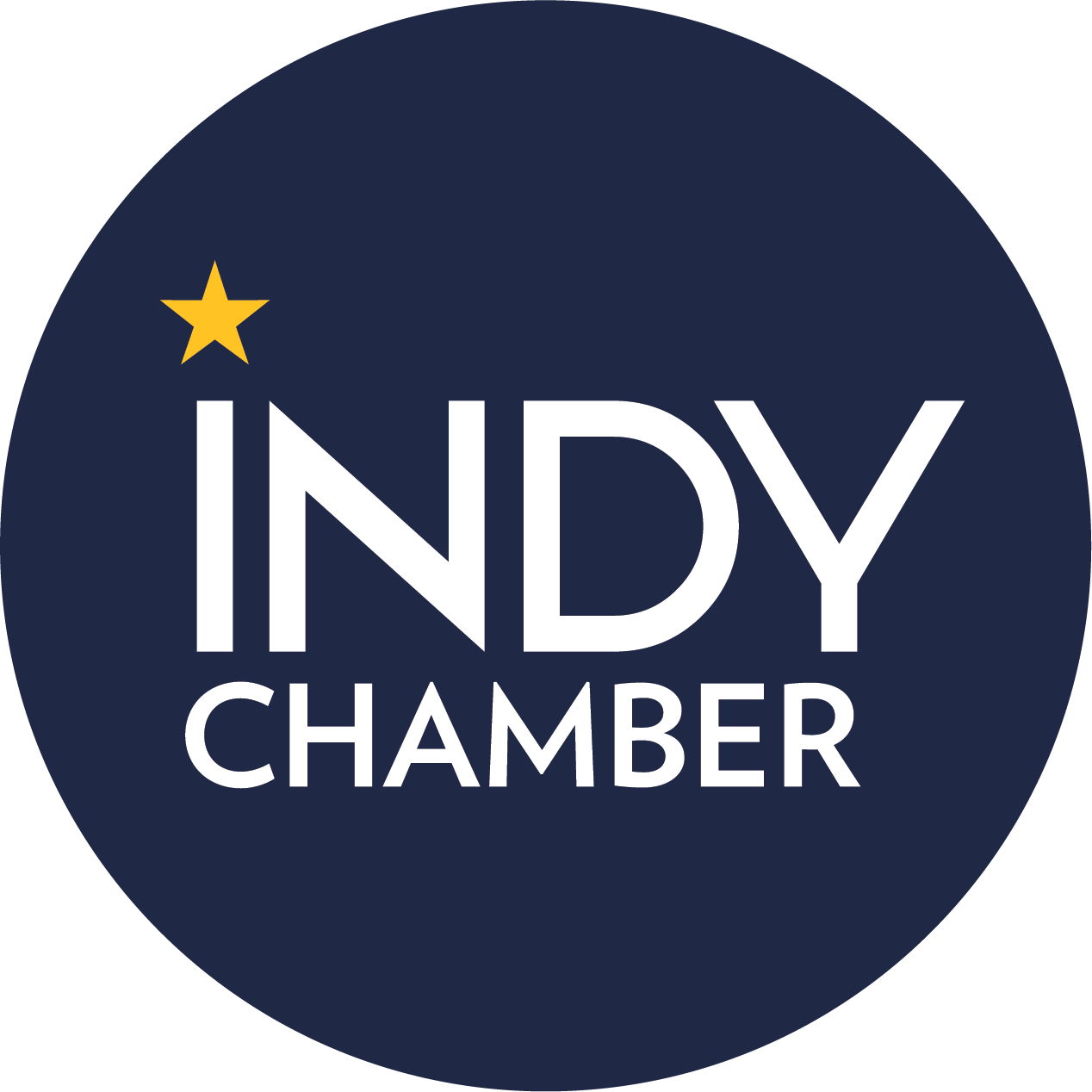2025 Legislative Priorities


People
TALENT ATTRACTION & RETENTION
Background: The single greatest barrier to continued economic growth in the Indy region – and across the Hoosier state – is a limited skilled workforce.
- There are approximately 140,000 unfilled jobs in Indiana today. This number is expected to continue to grow as business investment and job creation continue to outpace the growth of our skilled workforce – which is currently forecasted to grow by just 110,000 from 2025 to 2050.
- Indiana is a top 10 importer of college students, with more than 25,000 non-residents enrolling in an Indiana college or university. Unfortunately, Indiana is also a top exporter of college graduates, with 34,000 departing the state each year.
Policy Solution: Support state funding for talent attraction and expand existing eligibility beyond remote workers, allocate funds for college graduate retention programs, and explore individual tax incentives for graduates.
POST-SECONDARY ACCESS
Background: By 2031, 72% of jobs in the U.S. will require education or training beyond high school. Indiana faces a shortfall in meeting this demand with only 39% of adults 25 years and older holding an associate degree or higher.
Policy Solution: Support the establishment of a statewide framework to encourage employer engagement in the Indiana Apprenticeship Pathway while ensuring continued state support for college enrollment, including first-generation students.
CIGARETTE TAX
Background: Tobacco use drives health challenges and high healthcare costs, which means higher insurance premiums, less money toward wages, and more tax dollars to support publicly funded Medicaid—paid for by Hoosier taxpayers and businesses.
- 63.6% of likely voters support increasing the tax on tobacco while only 22.6% oppose an increase.
- Indiana has the eighth-highest smoking rate in the United States.
- Annual healthcare expenditures directly caused by tobacco use in Indiana equal $3.4 billion.
Policy Solution: Support increasing the tax on cigarettes by $2 per pack to reduce smoking rates, lower healthcare costs, and generate approximately $360M in annual revenue.
Legislative Priorities Index
Quick Connect Links

